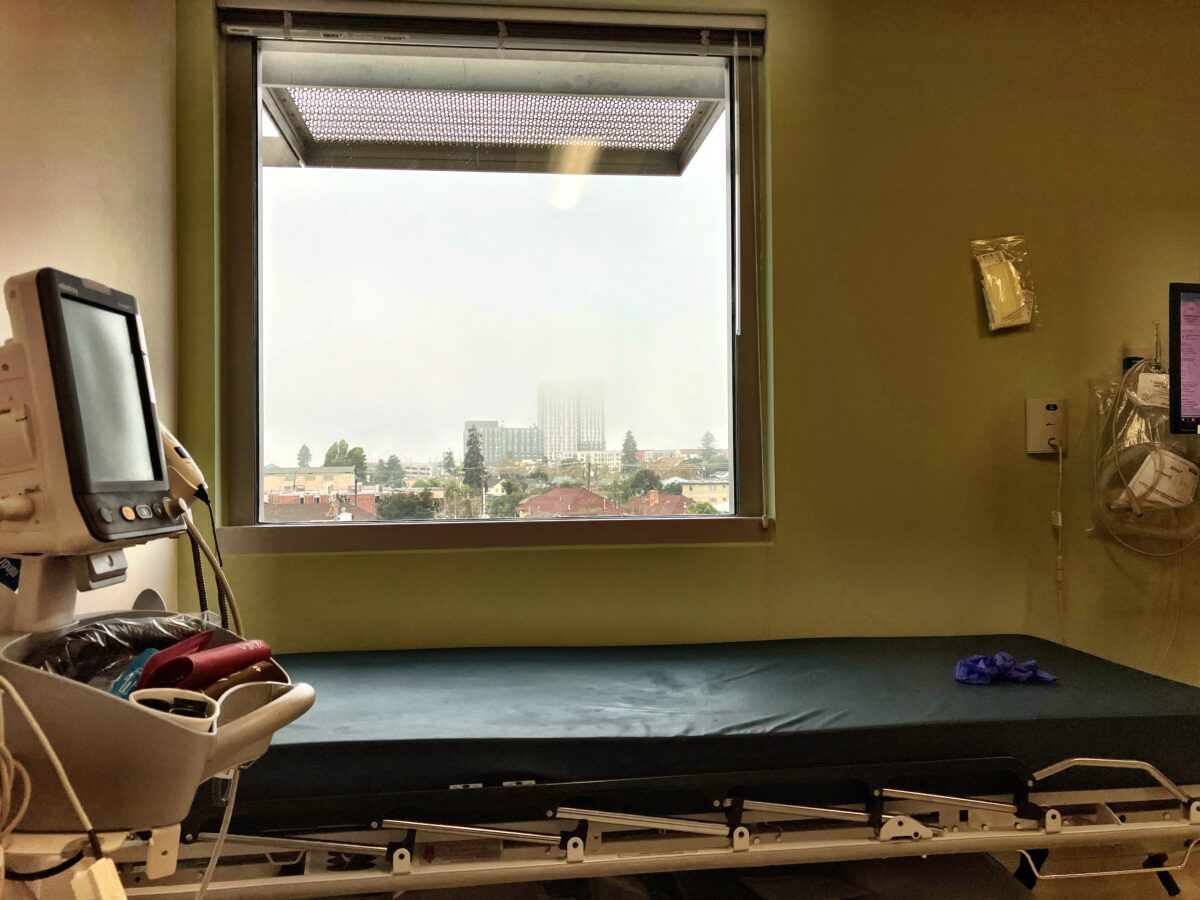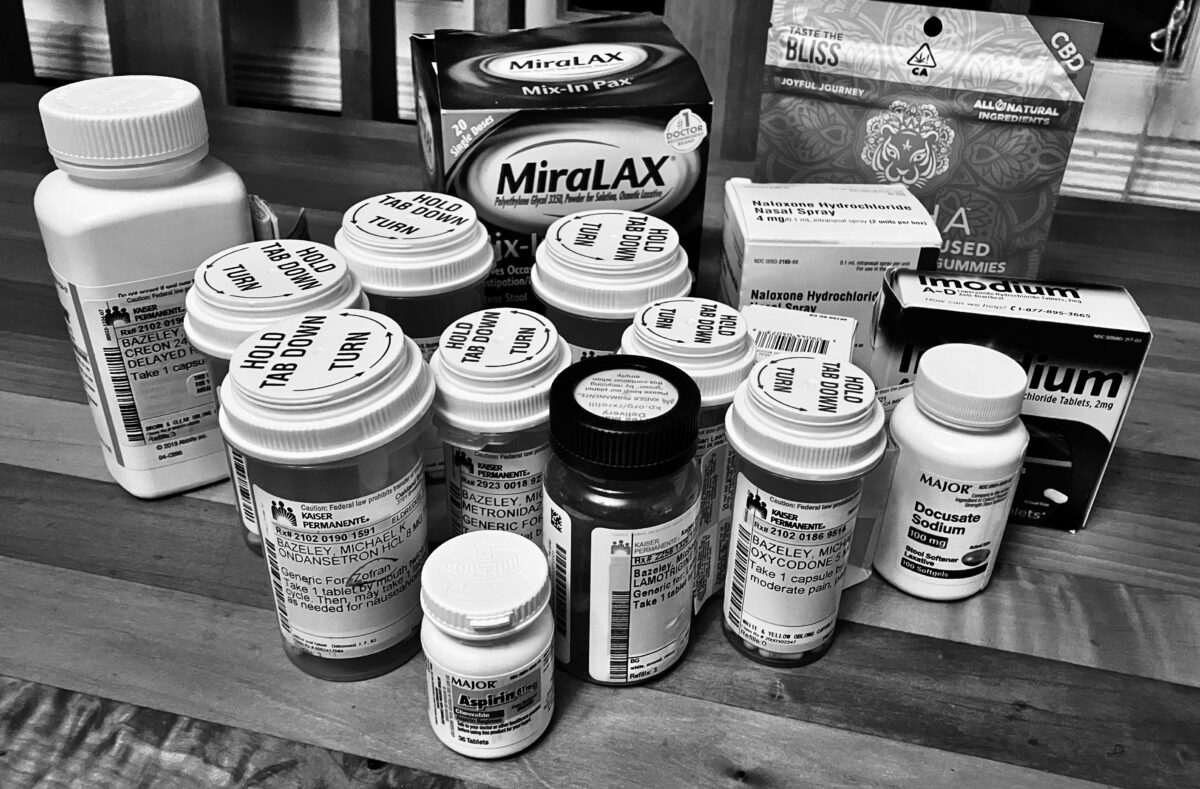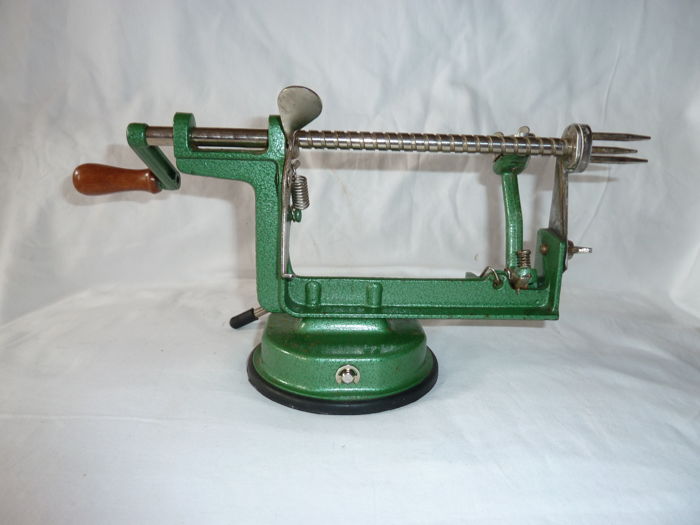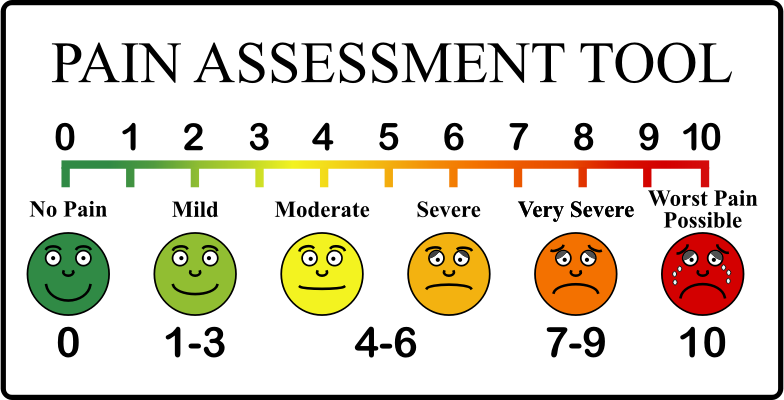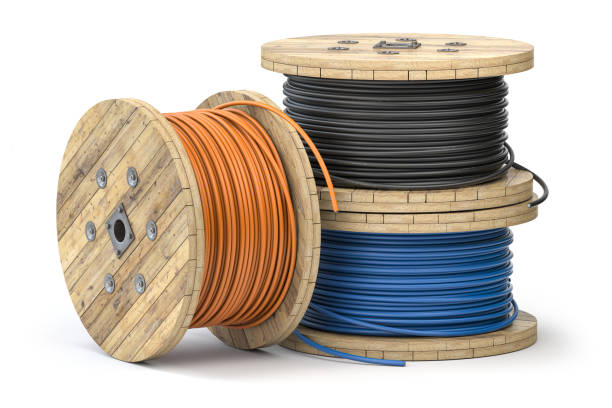Having not had chemo in nearly a month, I have enjoyed the luxury of feeling well physically without the constant reminder that I am sick. I don’t currently look or feel like a cancer patient, and it’s helped me try to live as normal a life as possible the past weeks. (Chemo restarts Thursday.)
So in my first meeting of my new cancer support group, I feel apart from other members.
Jan is in the group, and she shares that she is going to die in the next four to six months. [oh no…deep breath…] Her cancer is advanced, she has stopped treatment, and she is arranging palliative care. She is sewing up loose threads. And she’s learning what she can legally do to control the timing and method of her passing.
Jan is telling us this through tears. She is not feigning stoicism, nor is she holding back. She knows her fate, and she is scared and horribly, horribly sad. I can only imagine the worries that keep her awake at night.
Despite this, she manages to smile while sharing the progress of her backyard garden project. She is excited with how it is coming along, and she’ll invite us over soon for a small garden party.
After Jan shares her story, Bridget tearfully tells us about her adult son who died of colon cancer two weeks prior.
This is the First Hour of the First Day of the first cancer support group I’ve ever experienced. I had expected emotion, but I didn’t know it would fall into my lap so soon. I struggle to hold back tears as Jan and Bridget talk.
Meanwhile, as I remember from the introductions, some in the group have had at least one recurrence of their cancer. Brenda has already lost her hair and grown it back. They take turns offering their advice to me. I am a cancer rookie amid veterans.
This is my first close interaction with other patients since my diagnosis, except for a friend and, fleetingly, the two other people in my chemotherapy orientation. As I come and go for my infusions, I get only brief glimpses of other patients behind curtains.While there, I’m alone in a small room.
The support group, on the other hand, thrusts all of us into one (virtual) room. The facilitator assures me beforehand that people don’t always talk about their cancer. Everyone has an opportunity to update the group on whatever they like, whether it’s a hobby, travel adventure, family or their own medical situation. The mood is sometimes light.
That’s what I hope for with my first session. But the world turns beyond our control, and my first day isn’t light at all. It is raw and unfiltered.
I sit with it for a while afterward, and I realize it’s OK. This was probably something I needed now anyway—a reawakening to my own bumpy road ahead.
[Turn! Turn! Turn!, by Judy Collins and Pete Seeger]

